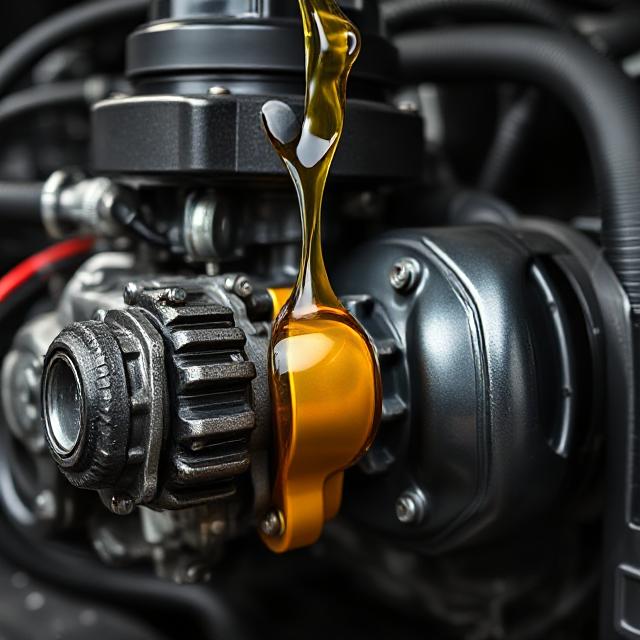A Ultimate Guide to Different Engine Oils in Car: Engine oil is the lifeblood of any car. This crucial fluid lubricates, cools, and protects the engine from wear and corrosion. When browsing the full-size selection of motor oils on save shelves, all the ones numbers and letters should be clarified. What do they all mean? Read more to understand the quality engine oil grades and classifications that will help you select the most fulfilling product for your car.
Basics of Engine Oil Grades
Engine oil grades denote crucial viscosity and overall performance specs, permitting the selection of the highest quality formulation to fit working conditions. Understanding the exclusive engine oil types allows drivers and mechanics to pick out the most appropriate oil viscosity and formula to suit their car’s engine and working situations.
Different types of engine oils are there
There are main types of engine oils with regard to proper car maintenance, given below.
- Conventional Motor Oil
Conventional motor oil is the most common type of motor oil. It comes from newly refined crude oil that currently came out of an underground oil well. This oil works great for mild-duty, late-model motors with low mileage and a simple engine layout.
- Mineral Engine Oil
This is the crudest type of automotive oil. Mineral Engine oil is taken into consideration as the genesis that paved the way for current motor oils. Mineral oil is essentially subtle petroleum oils which go through treatment to characteristic underneath a extensive range of temperatures. Besides, mineral oil is inexpensive in the market as compared to the other types. Nowadays, we use mineral oils in older motors and bikes.
The biggest hassle with mineral engine oils is that they provide little to no lubrication and protection against friction-triggered warmth. Also, they perform very inefficiently in less warm temperatures. They are also much susceptible to breakdown at some stage in high-temperature makes use of. Mineral oil requires extra frequent options as well. They don’t closing for extra than 5000 km.
- High-Mileage Engine Oil
High-mileage motor oil is a type of motor oil particularly designed for motors with over 100,000 miles at the odometer.
It is formulated to offer extra protection for older engines, which may be more vulnerable to wear and tear because of age. Also, it’s typically thicker than traditional motor oil, and incorporates components that assist reduce oil consumption, reduce leaks, and engine deposits. It also facilitates to reduce of friction and wear and can help enlarge the lifespan of your engine even further.
When selecting a high-mileage motor oil, it’s critical to choose one this is particularly designed to your car. Many high-mileage motor oils are formulated for unique makes and models, so it is critical to check the label properly to ensure you are getting the right product on your car.
- Synthetic Motor Oil
Synthetic engine oils cost four times as much as conventional oil. However, it’s higher ultimately for your engine. In terms of the life of your car, the cash you spend on synthetic motor oil may want to pay for itself in reduced safety rates by preventing predominant troubles afterward. Synthetic oil starts offevolved with a base of quite delicate traditional oil blended with powder additives and a provider oil that distributes the components frivolously for the duration of your engine.
- Synthetic Blend Motor Oil
As the name suggests, this type of oil is a mixture of synthetic base shares and traditional crude-based oil. Synthetic blends offer a number of the performance benefits of a complete Synthetic at fees more closely similar to conventional oils.
Using full synthetic engine oils charges about 30% more than using a Synthetic blend. While conventional oils will last about 3,000-5,000 miles between oil adjustments, complete synthetics can last up to 15,000 miles (sometimes more). Synthetic blends fall somewhere in the center at about 7,500 miles. Therefore, using a Synthetic blend affords a step up in safety without breaking the bank.
Conclusion
Engine oils are important for the smooth and efficient operation of your car’s engine. Understanding the different types and grades of engine oil allows you to make a knowledgeable decision and make sure that your engine remains in top condition. Always comply with the manufacturer’s recommendations and pick the proper oil for your driving conditions.
